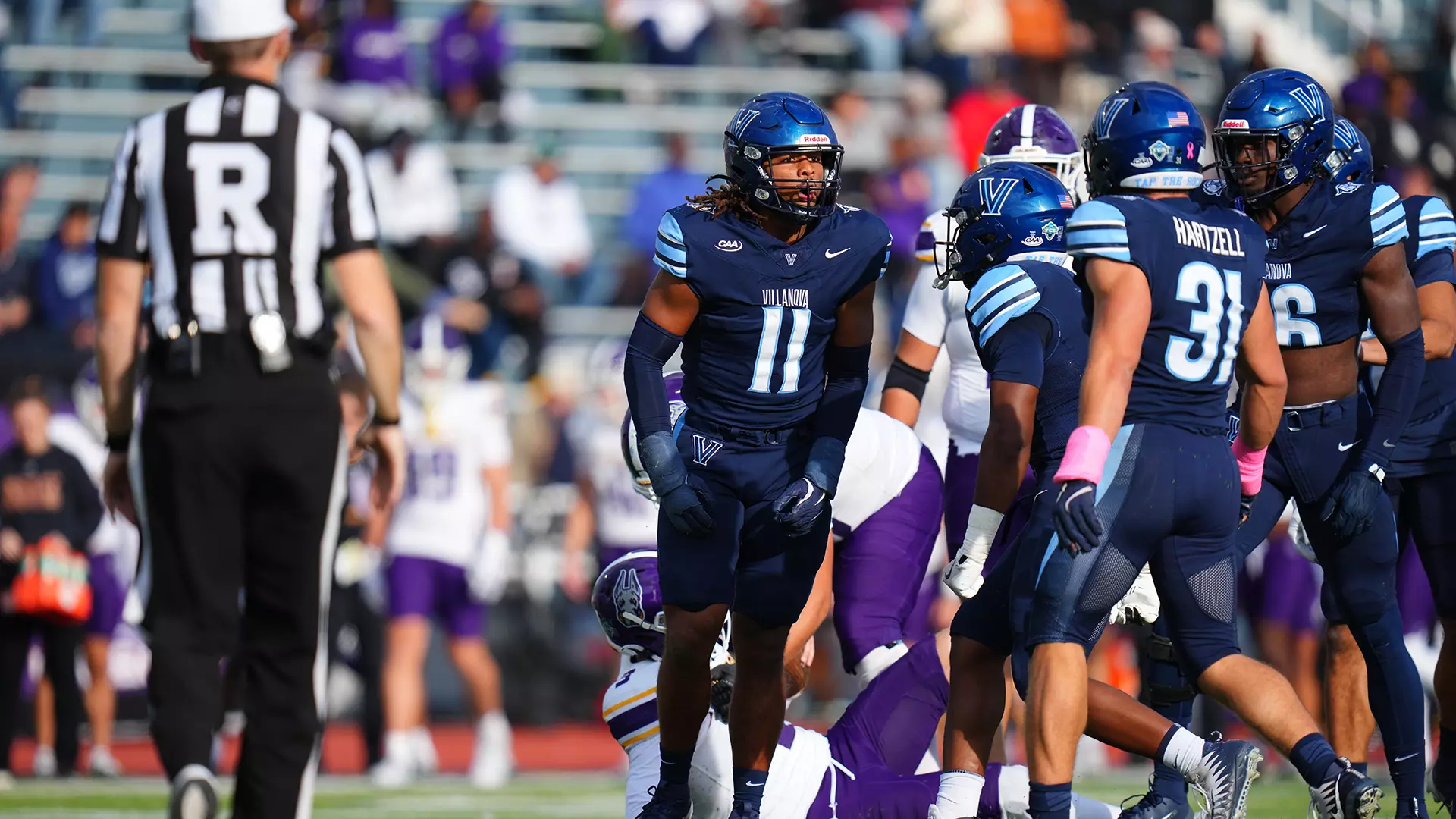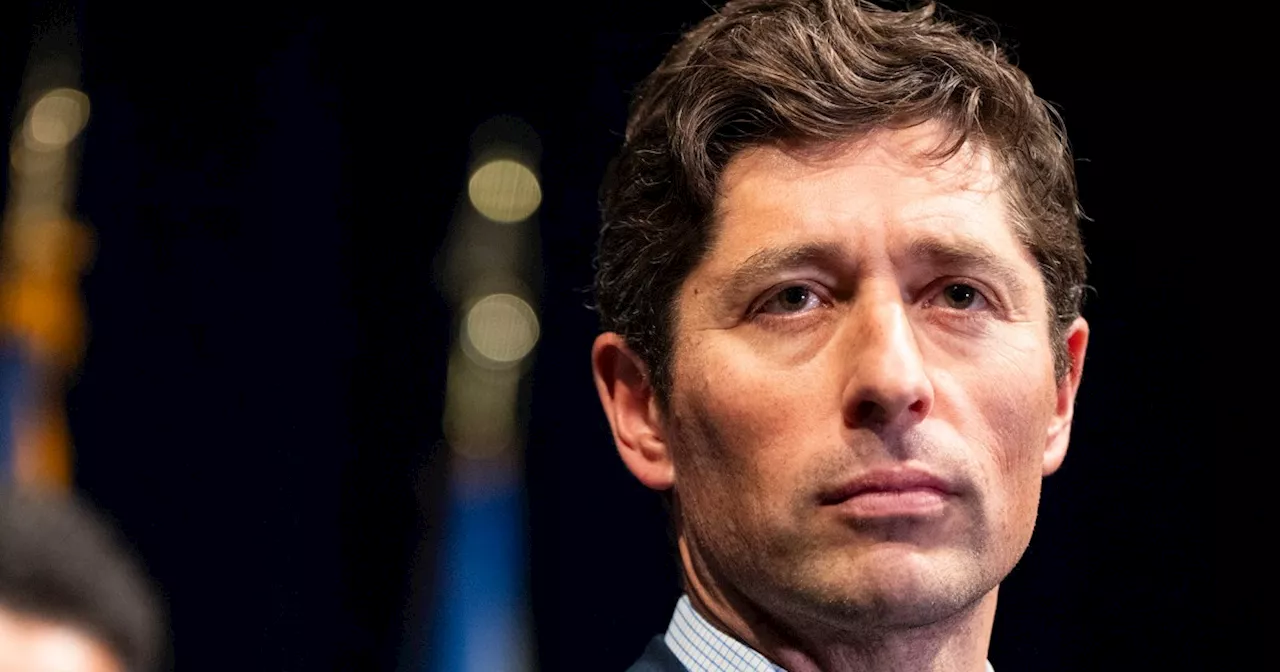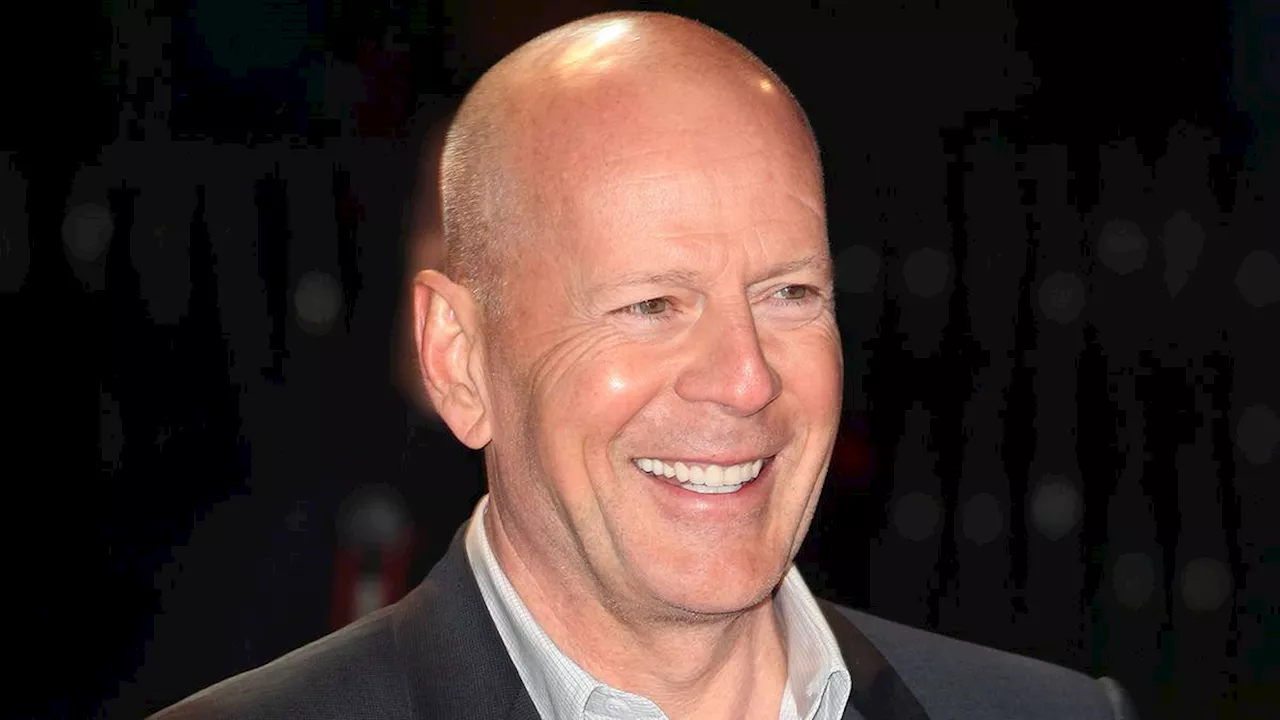
The U.S. Secretary of Health and Human Services, Robert F. Kennedy Jr., announced the termination of nearly two dozen research contracts focused on mRNA technology. This decision significantly reduces the government’s involvement in a promising area of vaccine development. The cutbacks are seen as part of a broader strategy to realign national health priorities.
Kennedy’s announcement on March 10, 2024, marks a pivotal moment for the biotechnology sector, particularly concerning the future of mRNA vaccines. These vaccines, which have been crucial in the fight against COVID-19, have demonstrated a remarkable ability to adapt to new pathogens. Experts had anticipated that ongoing research would lead to advancements in vaccines for other diseases.
Impact on Biotech and Vaccine Development
By severing ties with numerous mRNA research initiatives, the U.S. government is altering its approach to vaccine innovation. The affected contracts represented a significant investment in the development of mRNA technology, which has garnered attention for its potential applications beyond infectious diseases. The decision raises questions about the future of vaccine research in the country, especially at a time when public health officials emphasize the importance of preparedness for future pandemics.
Kennedy’s administration is redirecting funding towards the MAHA (Medical Advancement and Health Alternatives) initiative, which aims to promote alternative health solutions. While the shift may reflect a new vision for public health, many in the biotech community view it with skepticism. The abrupt change could stifle innovation in a field that has already shown promising results.
Response from the Health Community
The reaction from health professionals and researchers has been swift. Many express concern about the long-term implications of reducing government support for mRNA research. Dr. Jane Smith, a leading vaccine researcher at a prominent university, stated, “Cutting funding for mRNA research could hinder our ability to respond to future health crises.”
In contrast, supporters of Kennedy’s decision argue that diversifying health research is essential. They contend that exploring various medical alternatives may lead to breakthroughs that traditional methods cannot achieve. Nonetheless, the balance between innovation and safety remains a critical topic of discussion among stakeholders.
As the government pivots its focus, the long-term effects on the biotechnology landscape remain to be seen. With mRNA technology having played a crucial role in recent years, the implications of this shift will likely resonate across the global health community.
In summary, the decision by Robert F. Kennedy Jr. to cut mRNA research contracts illustrates a significant shift in U.S. health policy. Whether this will lead to more effective health strategies or limit future vaccine development remains uncertain.







